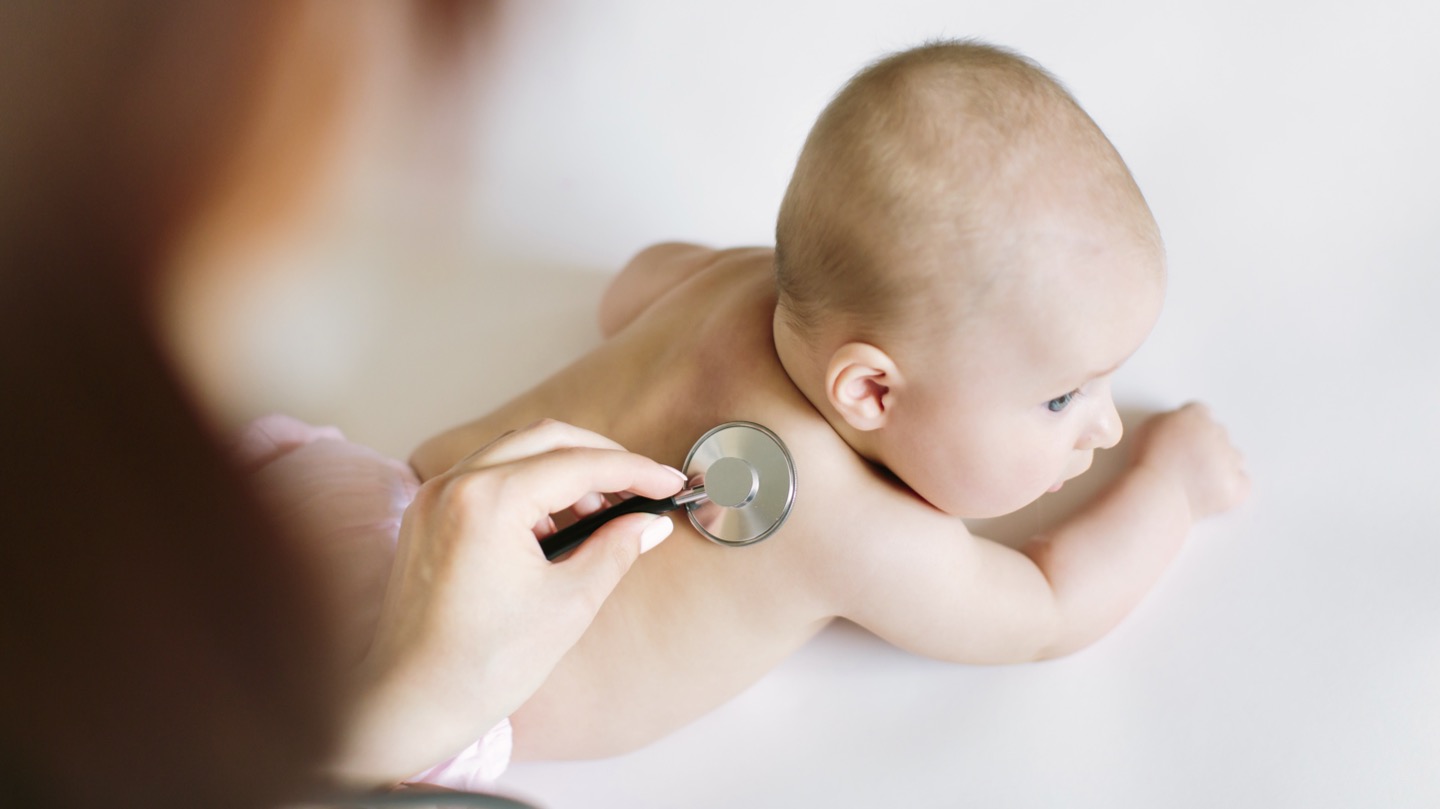
Antibiotic Exposure During Infancy Remodels Immune Response to Respiratory Pathogens
Infants are commonly exposed to and treated with antibiotics during the birthing process. However, new research in nonhuman primates may change the way doctors approach antibiotic treatment. A study conducted by the Cincinnati Children’s Hospital Medical Center (CCHMC) and the California National Primate Research Center (CNPRC) provides the first clear evidence in nonhuman primates that early-life antibiotic treatment can affect the gut microbiome, altering the immune system’s response to lung infections.
Gut microbiota plays a vital role in how a person fights disease, digests food, and even their mood and psychological processes. It also promotes balance between pathways driving tissue repair and inflammatory responses associated with clinical recovery from infection in infants.
“We found that early-life antibiotic use had consequences not only disrupting the microbiota of the infant macaques but also affected the ways in which they responded to infection during the critical first month of life,” said Hitesh Deshmukh, attending CCHMC Neonatologist and senior author of the study.
Deshmukh and his colleagues analyzed data from infant rhesus macaques housed at the CNPRC. The macaques were given the same antibiotics used in human infants and then challenged with a respiratory pathogen similar to pneumonia. The macaques received the same round-the-clock care and treatment used in a human neonatal intensive care unit.
Compared to a control group, rhesus macaque infants that received a week of antibiotic treatments exhibited a reduction in the diversity of microbial species in their gut and delayed development of their intestinal microbiota. Rhesus infants that received antibiotics showed more clinically severe pneumonia cases than the control group. The authors also observed changes in the genetic expression and functionality of immune cells in the bloodstream.
Antibiotics protect infants from contracting an infection during vaginal birth or secondhand during cesarean delivery. “We give those antibiotics for a reason; we can’t stop giving antibiotics…but we also have to recognize that these antibiotics cause a change in the babies’ [immune] response,” said Deshmukh.
Using advanced technologies, researchers identified a type of genetic signature in these infants resulting from the antibiotic treatment which predicts susceptibility to pneumonia.
“Perhaps in the future, we would use this gene signature as a quick, easy science-based test to screen babies and…then the doctors could be more aggressive in treating pneumonia because they would know [which] babies were at risk”, said Jake Stevens, first author of the study.
Now that researchers have a detailed description of how early-life antibiotic treatment changes the immune system, they will move into other animal models like mice to investigate the mechanistic causes and underlying molecular biology of those changes.
“This is the first step in understanding the specific changes that are happening in a more clinically relevant way so that we can give back the things that are being disrupted to help these babies get the benefits of antibiotics but avoid some of the risks,” said Stevens.
Additional authors on this study are: at UC Davis: Lisa Miller, Dennis Hartigan O’Connor, Cincinnati Children’s Hospital Medical Center; Hitesh Deshmukh, Joseph Stevens, Shelby Steinmeyer, Madeline Bonfield, Laura Peterson, Gary Jerilyn, Ian Lewkowich, Yan Xu, Yina Du, Minzhe Guo, Timothy Wang, William Zacharias, Nathan Salomonis, Claire Chougnet, and James L. Wynn University of Florida, College of Medicine.
Written by Logan Savidge
